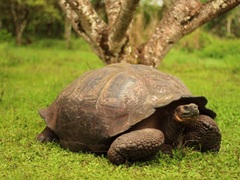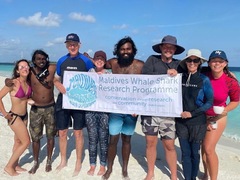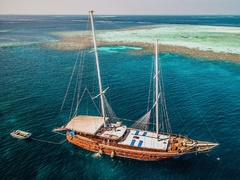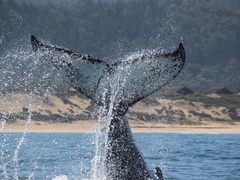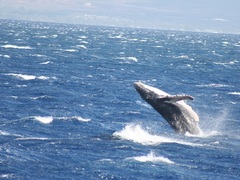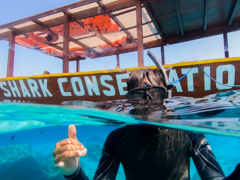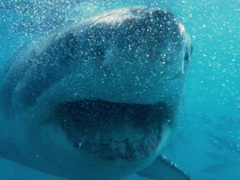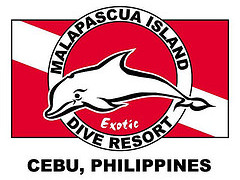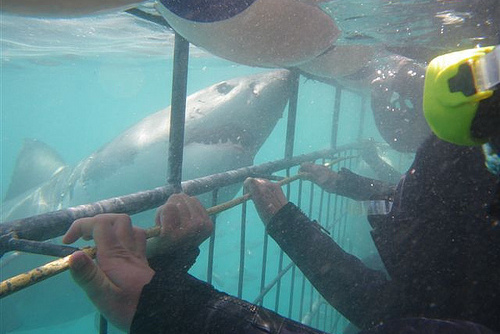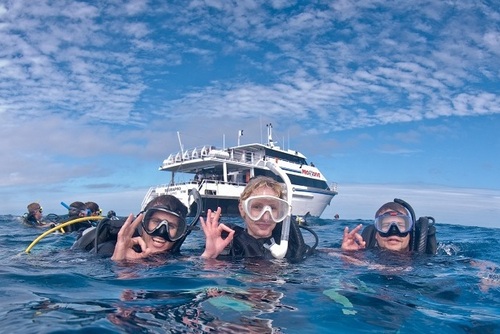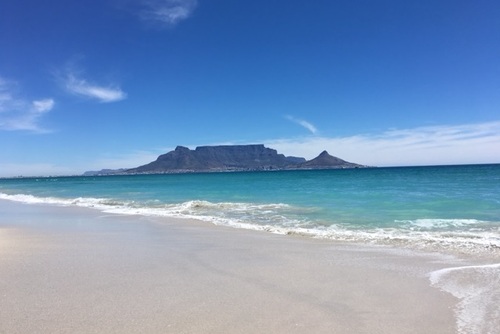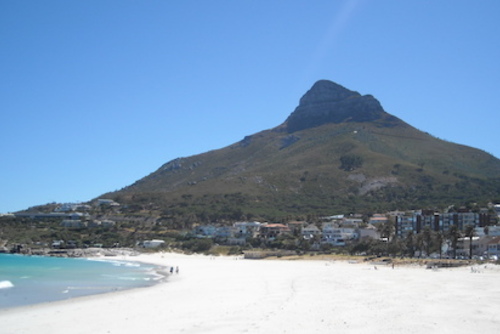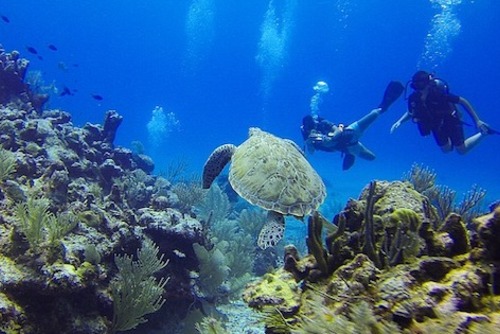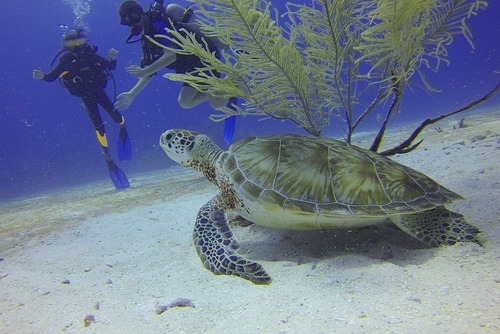Currently, the project includes data on environmental parameters, recording of individual markings, sex, size estimation and individual behaviour at the boat. Although the project still conducts extensive data collection, great emphasis is placed on education and conservation programs.
SPECIES:Great White Shark - Carcharodon carcharias.
HABITAT: South Atlantic Marine, Coastal and Island area.
GEOGRAFIC LOCATION: Dyer Island & Geyser Rock, four miles offshore of Gansbaai, Western Cape, South Africa.
TRAVEL INFORMATION: By airplane to Cape Town, then transport to Gansbaai (190 km, close to Dyer Island) is organised by WSP.
DURATION: 14 days. Volunteers for longer durations are considered after they have completed the 14 day programme.
PERIOD: Year round.
AGE: Min. 18.
QUALIFICATIONS AND SKILLS: Priority is given to applicants who are students of marine biology, filming arts and who are interested in a career in marine tourism. Anyone can apply, all applications are taken on merit.
VOLUNTEERS WORK: Field data collection work of free swimming white sharks, recording environmental conditions and white shark activity. Work also includes hands on boat work, on-shore work, cage diving, lectures and working with tourists.
LANGUAGE: English.
ACCOMMODATION: Students will stay at the WSP lodge in Kleinbaai. Student rooms are comfortable and meals are excellent.
COST: $1500 for 14 days. This includes accommodation, meals, lectures, field work, cage diving and transport from and to Cape Town.
LONG TERM: In general is available only to volunteers who have completed the 14 day program, but all applications for longer terms are considered. The term is a minimum of one month and the cost is $500 per month.
AGENTS, CORRESPONDENTS: Contact directly the project.
APPLICATION: An application form will be sent upon request.
NOTES: The 14 day program is structured to provide students with an opportunity to work on the ocean with great white sharks under the guidance of some of the most experienced white shark people in the world. The students will have the opportunity of learning from the WSP staff, in aspects ranging from working with free swimming white sharks, to shark tourism, data collection, cage diving, photography and seamanship. The program works on a team effort and although fun and relaxed, the participants are able to learn a great deal of practical knowledge. The 14 days is intensive, with only one day allowed for personal recreation.
South African White Shark Research Institute
Country: South Africa
Location: South Africa
The history of the project includes an extensive tagging program from 1990 to 1998, tissue sampling for genetic analysis, blood extraction for hormonal analysis.
Update Listing
Apply to update this profile.
Learn more about advertising opportunities or contact us for details.
South African White Shark Research Institute Reviews

Related Opportunities
Family Volunteer Projects in Ecuador & Galapagos Islands
- LEAD Adventures South America
- Multiple Destinations
- < 1 week to 6 weeks
- 1000 to 3000+ $ Dollars (US)
Maldives Marine Life Volunteer Program
- Secret Paradise Maldives
- Ari Atoll
- < 1 week to 4 weeks
- 1750 to 2500 $ Dollars (US)
Maldives Sailing Adventure
- TruTravels
- Maldives
- 1 week to 2 weeks
- 1000 to 1500 £ Pound (UK)
Ocean Conservation Volunteer Project, Plettenberg Bay, South Africa
- Good Hope Volunteers
- Plettenberg Bay, South Africa
- 2 weeks to 3 months
- 1250 to 3000+ € Euro
ORCA Whale & Marine Conservation Projects, Plettenberg Bay, South Africa
- ORCA Foundation
- Plettenberg Bay, South Africa
- 2 weeks to 2 months
- 1500 to 2500 $ Dollars (US)
Research Assistant @ Shark & Marine Conservation Project in Indonesia
- Gili Shark Conservation
- Gili Islands - Lombok
- 2 weeks to 3 months
- 1000 to 3000+ $ Dollars (US)
Save the Sharks: Marine Conservation in South Africa
- Oyster Worldwide
- Close to Cape Town
- 1 week to 3 months
- 1000 to 3000+ £ Pound (UK)
Scuba Diving Courses in Malapascua, Philippines
- Malapascua Exotic Island Dive & Beach Resort
- Philippines
- < 1 week to 3 months
Related Articles
Volunteer with Sharks
Looking for a thrilling experience? Search incredible shark conservation volunteer projects in destinations like Aust...
21/05/2012
Scuba Diving in South Africa
South Africa is an incredible diving destination and one of the top reasons to dive here is to see the amazing Great ...
07/03/2015
Best Things to Do While Volunteering in Cape Town
Volunteering is a great way to do something meaningful, integrate into the local culture and also soak up the local sigh...
08/03/2018
Internships in Africa
Looking for a unique destination to intern in? Consider Africa as your destination. Interning in Africa is a special wa...
07/03/2015
Marine Conservation Volunteering Abroad
Marine conservation projects are some of the most popular with international volunteers, you will usually work in tea...
12/01/2017
Most Underrated Dive Destinations
Scuba diving is a great way to experience the beauty of the underwater world.
08/08/2018

